6 Things You Need to Know About Pool Water Maintenance
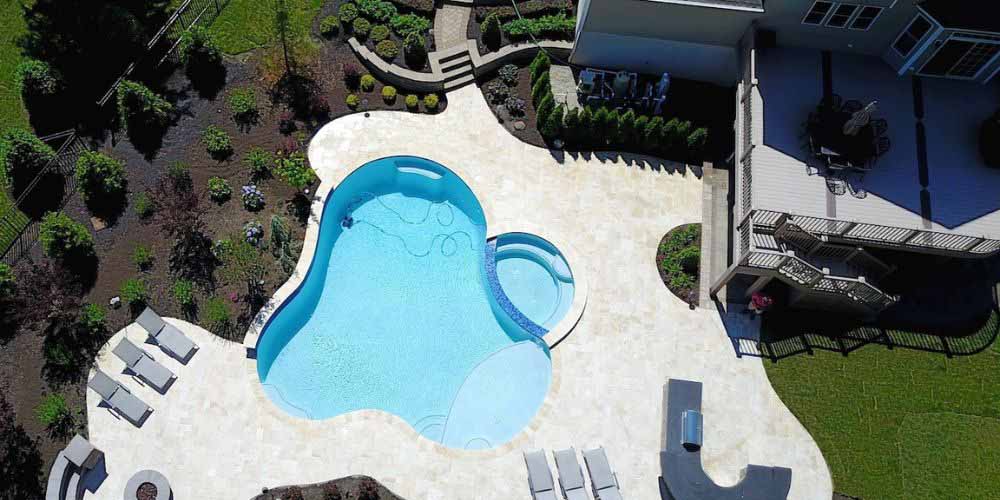
Imagine a hot summer day, and all you want is to dive into a sparkling pool to beat the scorching heat. A well-maintained pool not only provides a refreshing oasis but also adds a touch of luxury to your backyard. However, owning a pool comes with responsibilities, and one crucial aspect is maintaining the water quality. Proper pool water maintenance ensures a safe and enjoyable swimming experience for you and your loved ones.
Pool water maintenance is a crucial aspect of owning a pool, and understanding the key elements involved can make a significant difference in the overall health and longevity of your swimming pool. From chemical balance to filtration systems, there are several important factors to consider when it comes to keeping your pool water in optimal condition.
Importance of pH Levels
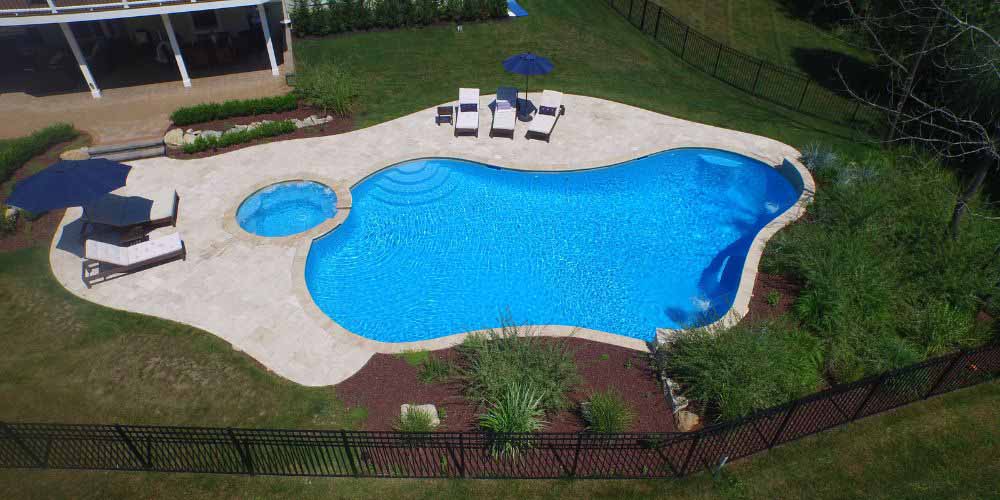
Maintaining proper pH levels is crucial when it comes to the overall maintenance of pool water. The pH level refers to the measurement of how acidic or alkaline the water is on a scale of 0 to 14, with 7 being neutral. Understanding the importance of pH levels is essential because it directly affects the comfort of swimmers, the effectiveness of sanitizers, and the lifespan of pool equipment. When the pH is too low (acidic), it can cause skin and eye irritations, corrosion of metal fixtures, and even damage to the pool’s surface. On the other hand, when the pH is too high (alkaline), it can lead to cloudy water, scaling on pool surfaces, and reduced effectiveness of sanitizing agents.
Vacuum Your Pool for Dirt and Debris
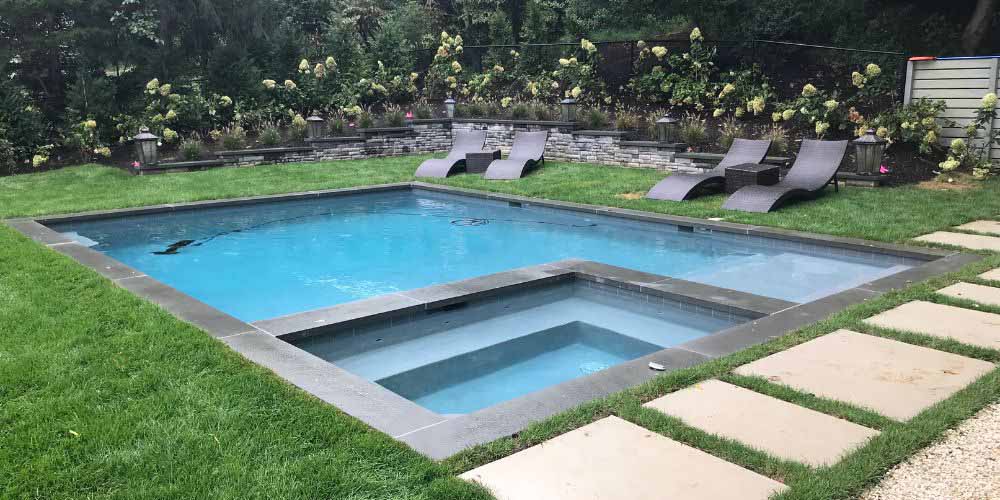
Regularly vacuuming your pool is an essential aspect of proper pool water maintenance. Over time, dirt, leaves, insects, and other debris can accumulate on the pool floor and become suspended in the water. These impurities not only make the pool look unappealing but can also impact water quality and hygiene. By vacuuming your pool, you effectively remove these unwanted substances, ensuring a cleaner and healthier swimming environment. Vacuuming also helps prevent the build-up of sediment, which can lead to clogged filters and decreased circulation. Whether you opt for a manual or automatic vacuuming system, dedicating time to this task on a consistent basis will go a long way in maintaining the cleanliness and visual appeal of your pool, making it more inviting for swimmers of all ages.
Maintaining Appropriate Water Levels

Ensuring the proper water level in your pool is a crucial aspect of pool water maintenance that often goes overlooked. Water levels that are too low or too high can lead to a range of issues that affect both the pool’s functionality and the swimmers’ experience. When the water level is too low, it can strain the pool’s circulation system, potentially causing damage to the pump. Low water levels may expose the skimmer intake, leading to inadequate filtration and allowing debris to accumulate in the pool. On the other hand, when the water level is too high, it can result in inefficient skimming and poor water circulation, leading to stagnant areas and decreased effectiveness of sanitizing agents.
Preventing and Treating Algae Growth
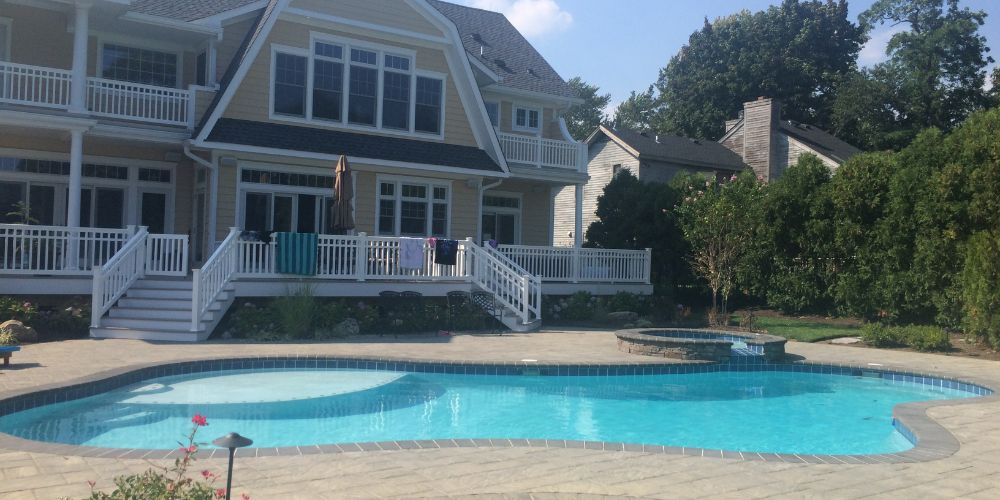
Algae growth is a common problem that can quickly turn a sparkling pool into a green, murky mess. Algae thrive in warm, stagnant water and can multiply rapidly if left unchecked. To prevent algae growth, it is essential to maintain proper water balance, including pH levels, sanitizer levels, and sufficient water circulation. Regularly brushing the pool walls and floor, especially in corners and hard-to-reach areas, helps to disrupt algae formation and remove potential breeding grounds. Maintaining a consistent pool cleaning routine, including skimming, vacuuming, and backwashing the filter, is vital to prevent debris build-up that can contribute to algae growth. In the event that algae do appear, prompt treatment is necessary. This typically involves shock dosing the pool with a high dose of sanitizer and using an algaecide to kill and inhibit algae growth.
Testing Water Regularly for Chemical Levels
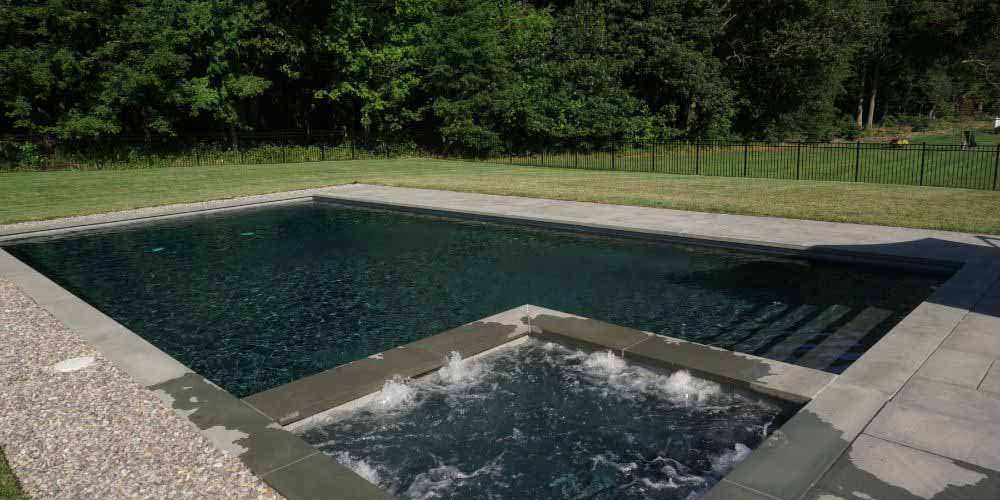
Regularly testing the chemical levels in your pool water is a fundamental practice in maintaining a safe and balanced swimming environment. The chemical levels that need to be monitored include chlorine, pH, alkalinity, and calcium hardness. Proper chlorine levels are essential for sanitizing the water and preventing the growth of harmful bacteria and viruses. pH levels influence the effectiveness of chlorine and the overall comfort of swimmers. Alkalinity helps stabilize the pH, while calcium hardness prevents corrosion and scale formation. By testing these chemical levels regularly, you can detect any imbalances or deviations from the optimal range promptly.
Importance of Regular Filtration
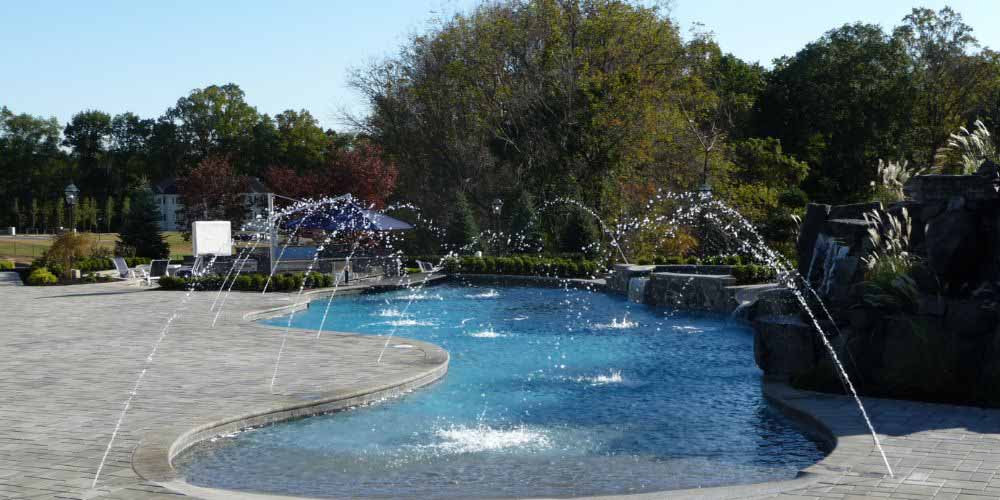
Regular filtration is of utmost importance when it comes to pool water maintenance. The filtration system plays a crucial role in removing debris, particles, and contaminants from the water, keeping it clean and clear. The pool’s filter works by trapping dirt, leaves, insects, oils, and other unwanted substances as water passes through it. Over time, the filter can become clogged and less efficient, reducing its ability to effectively clean the water. Regularly cleaning and backwashing the filter helps maintain its optimal functioning and prevents the accumulation of debris that could potentially lead to water clarity issues and decreased circulation.
Conclusion
Proper pool water maintenance is crucial for creating a safe, enjoyable, and visually appealing swimming environment. From monitoring and adjusting chemical levels to regular filtration, vacuuming, and maintaining appropriate water levels, each aspect plays a vital role in ensuring clean, clear water. By following these essential practices and addressing common concerns, you can confidently maintain your pool’s water quality, prolong the life of pool equipment, and provide a refreshing oasis for swimmers to relax and have fun.
FAQs
It is recommended to test the chemical levels in your pool water at least once a week to ensure optimal water balance and safety.
Backwash your pool filter when the pressure gauge on the filter reaches 8-10 psi above the normal operating pressure.
No, it is best to use pool chlorine specifically formulated for pool disinfection.
Vacuum your pool once a week to remove debris and maintain water cleanliness, or more frequently if needed due to excessive debris or storms.
Recommended Posts
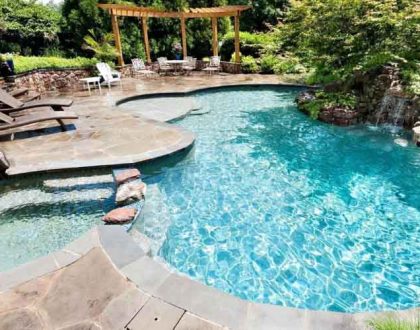
How To Choose a Low-Maintenance Swimming Pool
16 November 2022
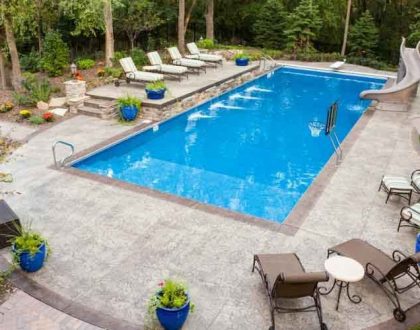
A Seasonal Guide to Pool Maintenance
13 October 2022
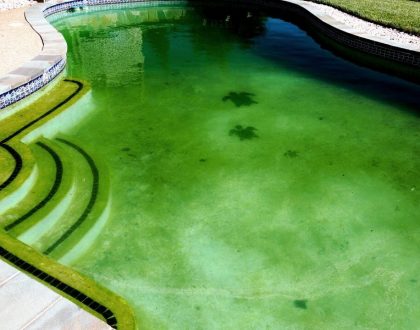
How to Clean a Green Pool
1 October 2021
